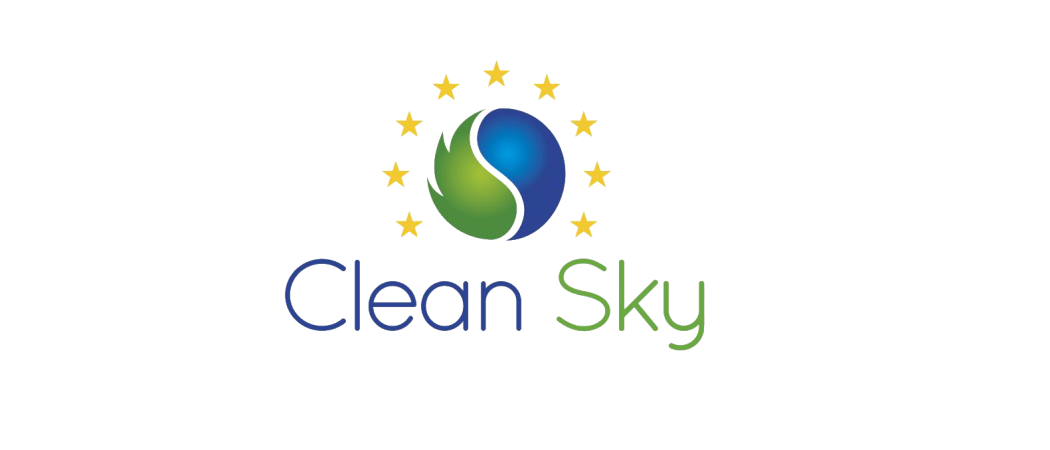Axel Krein takes charge of €4B public-private partnership for clean aviation, at a time when its future EU funding is up in the air

Aviation executive Axel Krein has taken the helm of the EU’s Clean Sky joint undertaking, at a time when policymakers are still to decide whether the €4 billion public-private research partnership will continue to receive EU funds when Horizon 2020 ends next year.
Krein, a former vice president for research at Airbus, was with the company for almost 27 years. Before that he worked in air traffic control for the German air force. He replaces interim director Tiit Jürimäe, who has led the initiative from September 2016.
The new executive director takes over at a time of uncertainty about CleanSky’s future funding. It currently receives €1.8 billion, nearly half its budget, from the Horizon 2020 research programme, which draws to a close on 31 December 2020.
Like the six other joint undertakings working in partnership with industry, CleanSky’s mandate is laid out in a dedicated regulation. Officially, it is due to run until 2024, but has to have all of its calls out by the end of 2020. What happens after that, nobody knows.
Largest EU contribution
Of the seven joint undertakings, CleanSky receives the largest EU contribution, but whether it is has the largest overall budget is hard to say, with its nanotechnology counterpart Ecsel saying its budget, “is expected to reach close to €5 billion.” However, the minimum amounts laid out in Ecsel’s legal mandate are less than those allocated to CleanSky.
Each joint undertaking focuses on a particular area of technology research, and CleanSky is dedicated to developing cleaner air travel. It is one of two joint undertakings dealing directly with aviation; the other is SESAR, which seeks to integrate management of European airspace.
CleanSky could be renewed under Horizon Europe, but it could also be closed or be merged with another joint undertaking.
As things stand, that is also the case for the other joint undertakings. Last year, energy commissioner Maroš Šefčovič publicly backed renewal of the Fuel Cells and Hydrogen joint undertaking, but that does not mean it will happen. Šefčovič himself plans to be out of the Commission by the time the nexaxel kreint crop of joint undertakings are set up, having announced he’s running for president in his native Slovakia.





 A unique international forum for public research organisations and companies to connect their external engagement with strategic interests around their R&D system.
A unique international forum for public research organisations and companies to connect their external engagement with strategic interests around their R&D system.